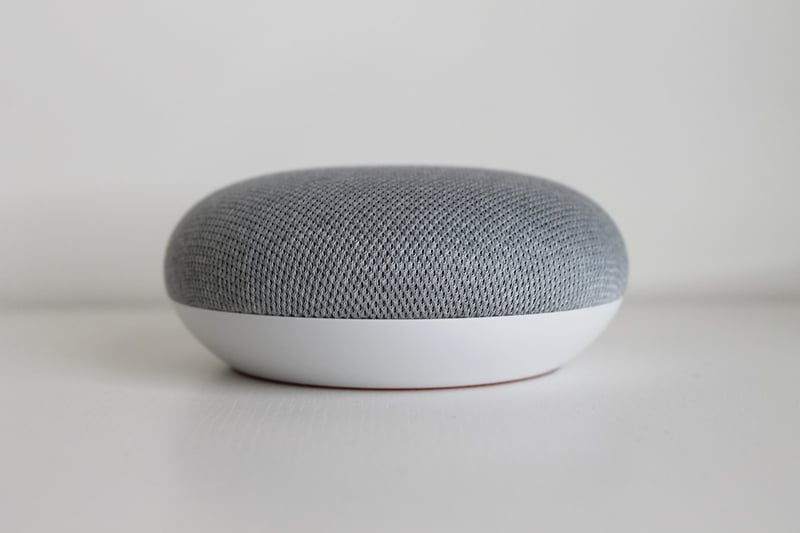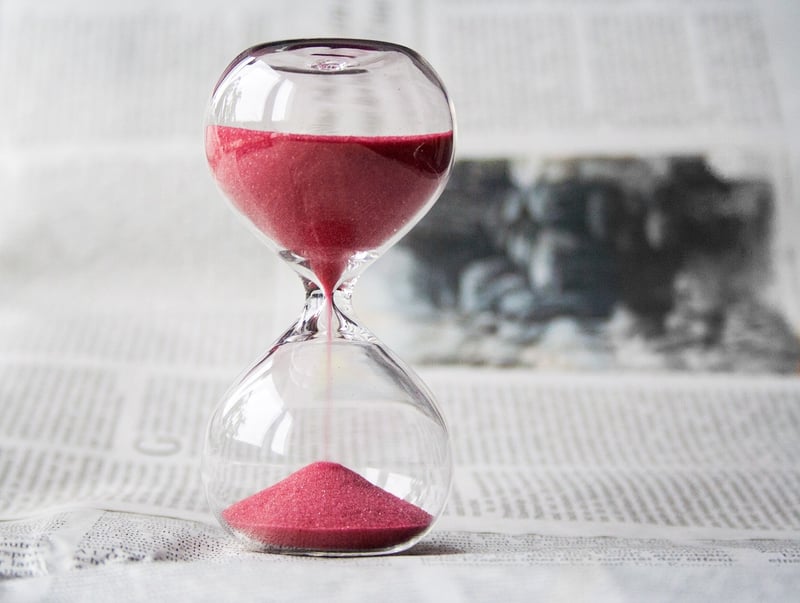Temporal Research Tools
Exploring Temporal Research Tools
Temporal research tools are essential for analyzing data and trends over time. Whether you are a student, researcher, or professional in a specific field, these tools can provide valuable insights and help you make informed decisions based on historical data. Here are some helpful temporal research tools to enhance your research capabilities:
1. Google Trends
Google Trends is a free tool that allows you to explore the popularity of search queries over time. You can compare the search volume of different keywords, identify seasonal trends, and analyze regional interest. This can be particularly useful for marketers, content creators, and SEO professionals.

2. Timeline JS
Timeline JS is an open-source tool that enables you to create interactive timelines using various media formats such as images, videos, and social media posts. It is perfect for visualizing historical events, project milestones, or any sequential data in a visually appealing and engaging way.

3. Tableau Public
Tableau Public is a data visualization tool that allows you to create interactive charts, graphs, and dashboards to explore and share data insights. You can connect to various data sources and create visually compelling representations of temporal data for presentations, reports, or online sharing.

4. TimeMapper
TimeMapper is a tool that helps you create maps and timelines based on temporal data. It integrates with Google Sheets and Google Maps to visualize chronological information spatially. This tool is ideal for researchers, educators, and journalists looking to combine temporal and geographical data.

By incorporating these temporal research tools into your workflow, you can gain deeper insights into temporal data, enhance your visualizations, and effectively communicate your findings to others.
Remember, choosing the right tools based on your research needs and objectives is crucial for successful data analysis and interpretation.
Happy researching!
